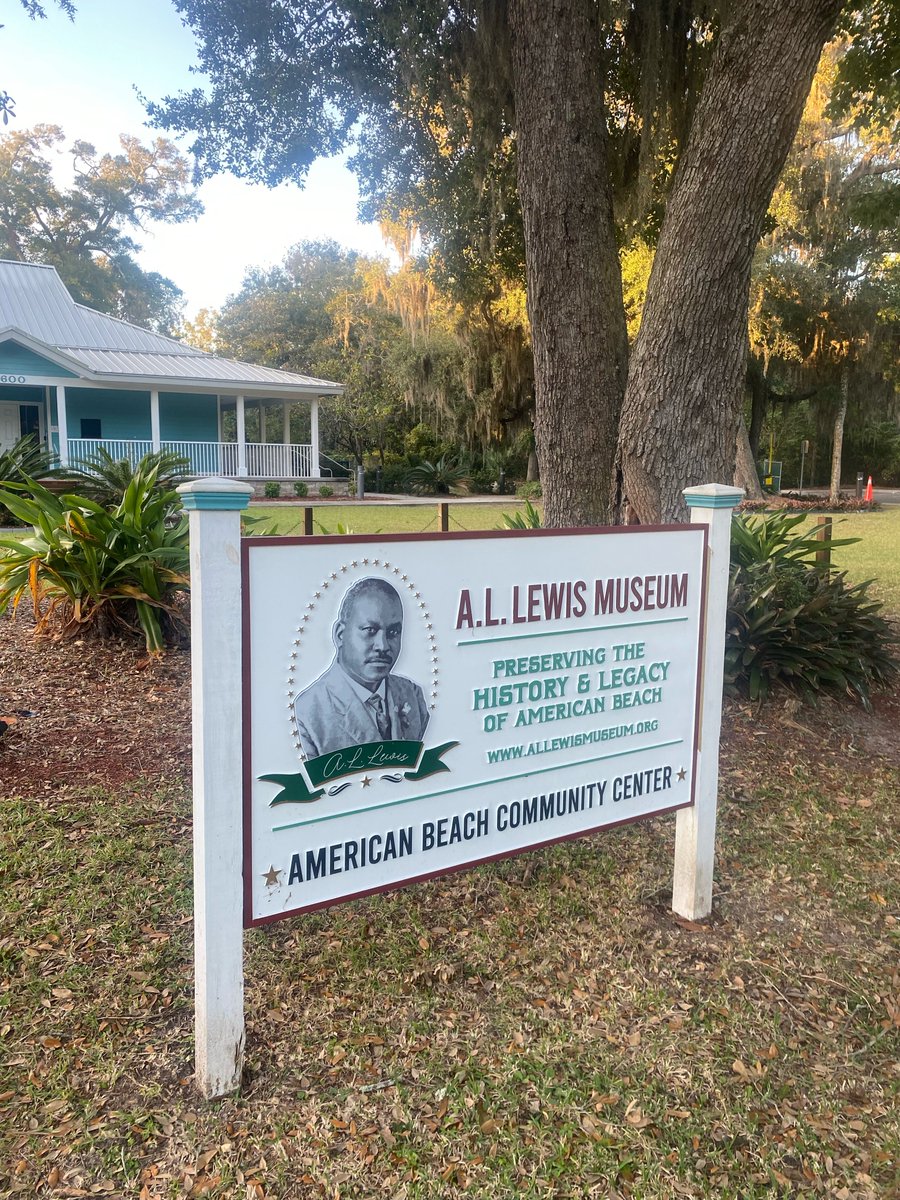
I’ll be joining @AlisynCamerota at 10 @CNNTonight to discuss my @TheAtlantic column. Mass shootings have changed since we adopted “run, hide, fight”: they are more frequent and time (with high capacity guns) is not a luxury. Thoughts on reactions to it: 1/
theatlantic.com/ideas/archive/…
theatlantic.com/ideas/archive/…
I’m only saying what many people in my field have been thinking. As I wrote, I hate it. I do. I tend to take the world as it is and simply write of how things can be “less bad.” But in the universal praise of the actions of those heroes in #QClub lies an understanding 2/
there are circumstances when running and hiding are not options. The article has enough examples when the killer stopped because the fight was taken to him. We would all want those heroes in the next crowded bar, even if we aren’t built to be one of them. 3/
That I write that our training and protocols and mottos no longer might reflect the reality on the ground isn’t acceptance of that reality. It is only a reflection of it. I hate it. I haven’t been shy about the gun madness in our country. 4/
But I’ve become a rising star of the pro gun folks and there isn’t much I can do to stop that. I have found limited examples of a good guy with a gun (Indiana mall) being the hero. Indeed, if more guns made us safer, we’d be the safest country on earth. We are not. 5/
Maybe gun advocates might follow my lead and look around and be honest about their long held beliefs about the world and think about responsible gun ownership given mass shootings are so common. Perhaps they should. 6/
And perhaps they might also recognize that violence is a wholly predictable result of the hate that is nurtured and not shamed.
https://twitter.com/juliettekayyem/status/1595111057206349824
Anyway @cnn will likely have a panel after I’m off air about the hate, guns and heroes. It is worth staying. All subject to other news breaking before then. 7/7
• • •
Missing some Tweet in this thread? You can try to
force a refresh










